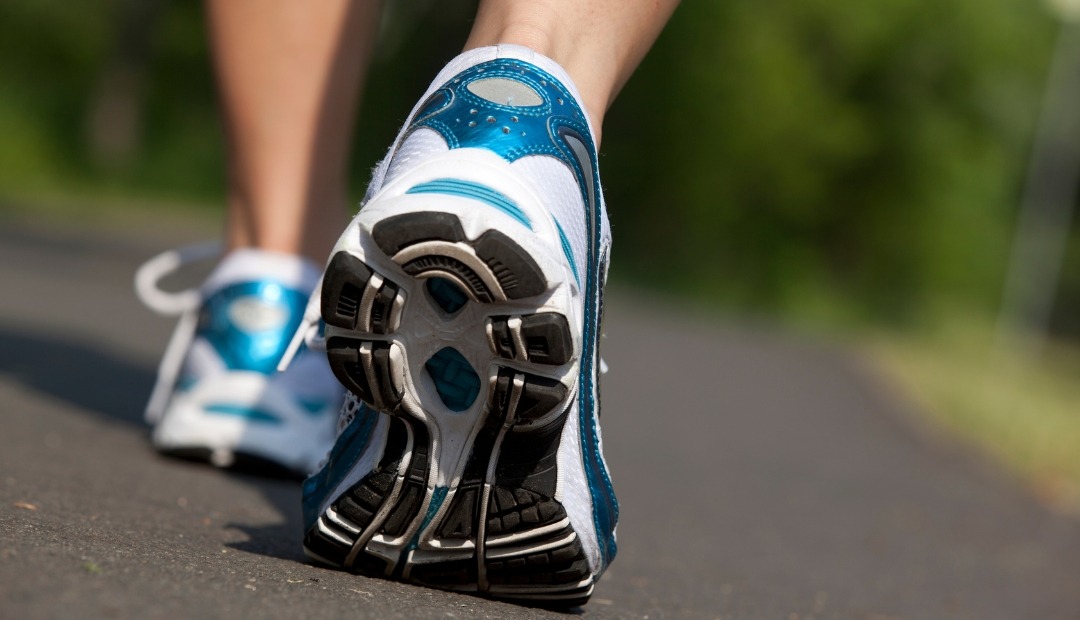Finding the perfect place to live is about more than just choosing an apartment—it's about enhancing your lifestyle. For those seeking apartments with dog park in Austin, the location could encourage a truly vibrant, health-focused life. In today’s fast-paced world filled with technology and ease, the humble activity of walking often gets overlooked. Yet, its immense benefits to our health and longevity are undeniable.
This blog delves into the profound link between regular walking and increased life expectancy, revealing the scientific reasons behind this timeless exercise. We'll explore how adding more steps to your daily routine can become the foundation for a longer, healthier existence.
The Science of Walking and Longevity
Walking may seem like a basic and low-impact activity, but its benefits extend far beyond what meets the eye. Numerous scientific studies have shown that incorporating regular walking into your routine can have a profound impact on your health and longevity.
Cardiovascular Health:
One of the most significant contributors to a longer life is a healthy heart, and walking is an excellent way to achieve this. Regular walking has been linked to lower blood pressure, reduced cholesterol levels, and improved circulation. These factors collectively contribute to a decreased risk of heart disease and stroke, leading to a longer and healthier life.
Weight Management:
Maintaining a healthy weight is crucial for longevity, and walking is a simple yet effective tool for weight management. Whether you're aiming to shed a few pounds or maintain your current weight, brisk walking can boost your metabolism, burn calories, and contribute to overall weight control.
Mental Well-Being:
In the pursuit of a longer life, mental health is often overlooked. However, it plays a crucial role in overall well-being. Walking has been shown to reduce stress, anxiety, and depression, promoting a positive mental state. The release of endorphins during walking acts as a natural mood enhancer, contributing to a healthier and more fulfilling life.
Joint and Bone Health:
As we age, joint and bone health become increasingly important for maintaining an active lifestyle. Walking is a low-impact exercise that helps strengthen bones and joints, reducing the risk of osteoporosis and arthritis. By incorporating walking into your routine, you're not only contributing to a longer life but also ensuring that those years are lived with vitality and mobility.
Immune System Boost:
Regular physical activity, such as walking, has been linked to a strengthened immune system. A robust immune system is essential for fighting off infections and diseases, contributing to a longer and healthier life. Walking outdoors, in particular, exposes you to sunlight, providing a natural source of vitamin D, which further supports immune function.
Making Walking a Part of Your Daily Routine
Now that we understand the science behind the connection between walking and longevity, the next step is incorporating this simple yet powerful activity into our daily lives.
Set Realistic Goals:
Start by setting achievable goals for your daily step count. Whether it's a 20-minute walk during your lunch break or a longer stroll in the evening, setting realistic goals makes it easier to develop a consistent walking routine.
Find a Walking Buddy:
Walking becomes more enjoyable when you have a companion. Find a friend, family member, or even a furry friend to join you on your walks. Not only does this provide social interaction, but it also adds an element of accountability, making it more likely that you'll stick to your walking routine.
Mix It Up:
Variety is key to maintaining interest in any exercise routine. Explore different walking routes, whether it's through a local park, along the beach, or in your neighborhood. Mixing up your walking routine keeps things fresh and prevents boredom.
Invest in Comfortable Footwear:
Having the right footwear is crucial for a comfortable walking experience. Invest in a pair of supportive and comfortable walking shoes to ensure that your feet are well-cushioned and protected during your walks.
Track Your Progress:
Use a fitness tracker or smartphone app to monitor your daily steps and progress. Tracking your steps not only provides motivation but also allows you to set and achieve new walking goals as you gradually increase your endurance.
Conclusion
In the fast-paced world we live in, the solution to a longer and healthier life might be simpler than we think. By embracing the benefits of walking, we not only improve our physical health but also enhance our mental well-being, ensuring that the years ahead are filled with vitality and joy. So, lace up your shoes, step outside, and embark on a journey towards a longer, healthier, and more fulfilling life—one step at a time.
Oxford at Tech Ridge Apartments in Austin, TX



